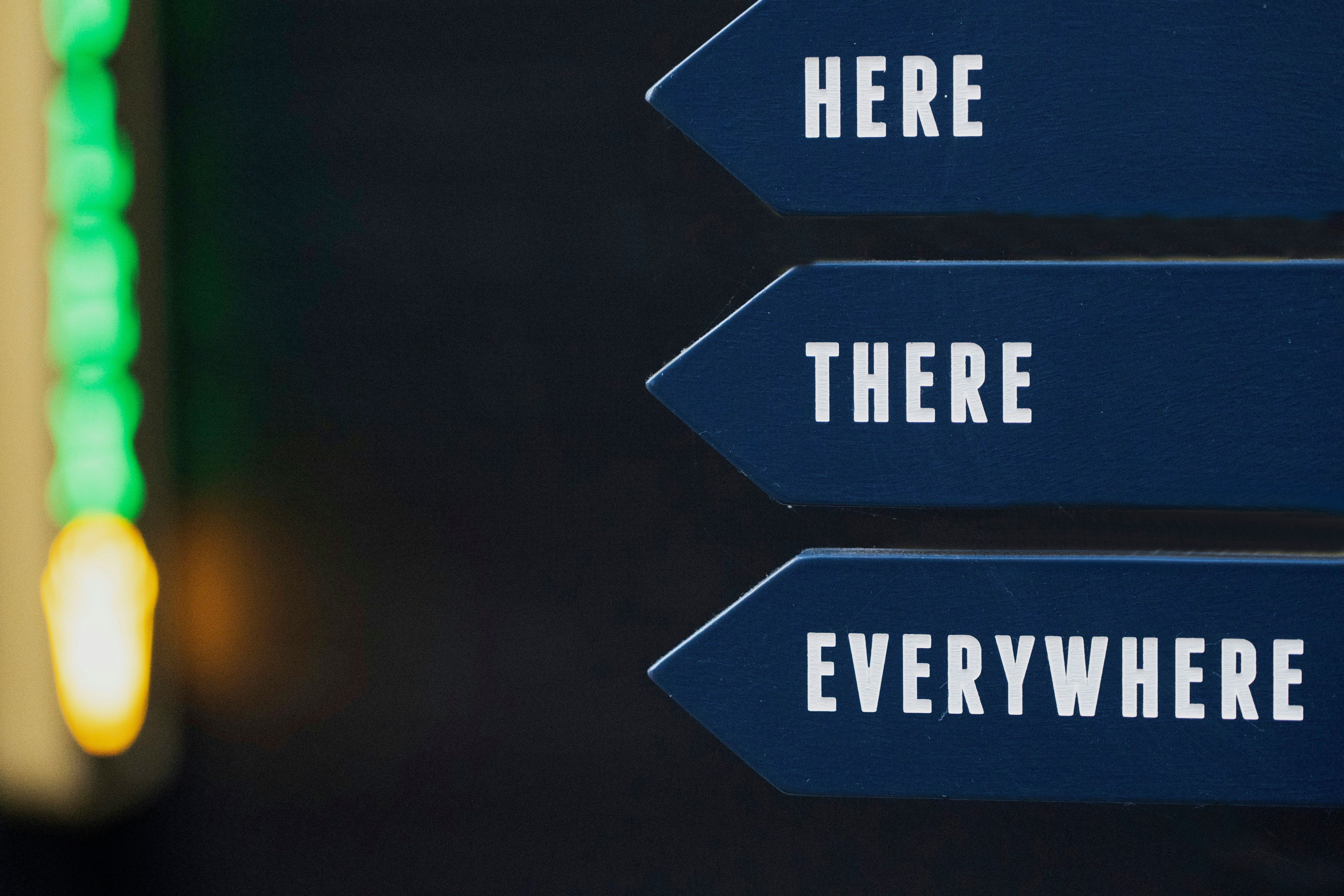Increased Demand for Sin Products Fueling Tax Revenues in the U.S.
Gambling and vices like smoking, drinking, and gambling have been a stable source of income for the United States for decades. Not only through traditional methods like alcohol and tobacco taxes, but also via casino gambling, sports betting, iGaming, and more recently, cannabis. While some states still cling to archaic laws, many have embraced the times and legalized these activities, raking in boatloads of annual revenue.
For instance, nearly 40 states have hopped on the sports betting bandwagon, thanks to a 2018 Supreme Court decision that scrapped PASPA, the Professional and Amateur Sports Protection Act. The legalization of marijuana across the nation has also picked up speed, with more than two dozen states already on board.
These so-called "sin taxes" play a crucial role in padding state budgets. But don't count on them to remain static. Moody's Investors Service recently highlighted the evolving nature of these taxes and their correlation with consumer preferences.
Back in the day, tobacco, alcohol, and casino gambling taxes were the biggest money makers. But as consumer tastes evolve, states have been forced to adjust their tax strategies. The legalization and taxation of sports betting is a prime example of this transition, particularly in the post-PASPA era.
"As shifting consumer preferences impact the tobacco and alcohol markets, the amount of tax revenue governments can generate will continue to fluctuate," Moody's explained.
Sports Betting: A Gold Mine for State Treasuries
Moody's pointed out that some states impose hefty taxes on the gross gambling revenue of licensed sports betting operators. New York, a major player in the sports betting market, for example, demands a whopping 51% of online sportsbook revenues. Pennsylvania follows close behind with a 36% levy, while Michigan keeps it relatively low with a 9.65% tax on online sportsbooks.
Yet, Moody's acknowledged that some states allow betting operators to shave off costs like promotions from their taxable income.
Moody's also touched upon the burgeoning popularization of mobile betting on sports. The company believes that operators have identified the potential in this expansion, which is driving their continuous investment in mobile gaming technology.
[1] Moody's does not specify a source for New York's sports betting tax rate, but it can be found in various reported sources, such as the New York State Gaming Commission's regulations and guidelines pertaining to mobile sports betting licenses.
[2] The Pennsylvania Gaming Control Board provides detailed information about sports betting tax rates and revenue for both online and retail sportsbooks.
[3] The Michigan Gaming Control Board's website provides comprehensive information about sports betting taxes, including specific tax rates for online and retail sportsbooks, as well as additional taxes for the city of Detroit.
[4] The combined US sports betting revenue exceeded $40 billion from handle over $500 billion was sourced from a 2020 American Gaming Association report titled "2020 U.S. Commercial Gaming Revenue." The report provides a comprehensive analysis of the US sports betting industry, including revenue trends, market growth, and regulatory developments.
- Moody's Investors Service has noted that some states impose high taxes on the gross gambling revenue of licensed sports betting operators, such as New York with its 51% tax on online sportsbook revenues.
- In addition, Moody's has observed that operators have been investing heavily in mobile gaming technology, driven by the growing popularity of mobile betting on sports.
- Furthermore, the legalization and taxation of sports betting has been shown to generate significant revenue for state treasuries, with the combined US sports betting revenue exceeding $40 billion from a handle over $500 billion, as reported by the American Gaming Association in 2020.





